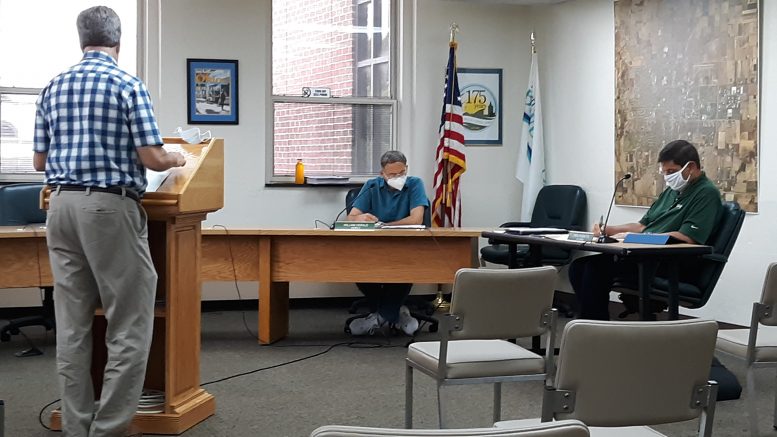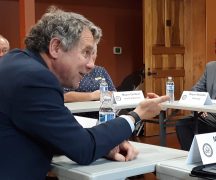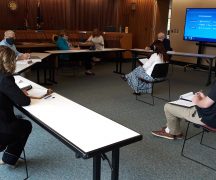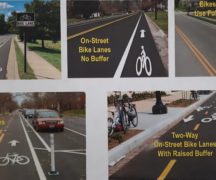By JAN LARSON McLAUGHLIN
BG Independent News
Bowling Green city finances have taken a hit from COVID-19 – and relief isn’t expected anytime soon.
As city residents were laid off due to COVID-19, the income tax revenue took a nosedive. As local manufacturers and BGSU shut down, the electric usage dropped. As people followed stay-at-home orders, the city collected far less in areas such as ambulance runs, down by $265,652, and park program fees, down by $455,862.
All of that is adding up to some grim news for the city finances.
“It’s a very sobering report,” City Council member Greg Robinette said after City Finance Director Brian Bushong presented the state of city revenue on Monday evening.
Bottom line – “This is certainly having a major impact on our economy, our citizens, our city,” Bushong said.
The biggest hit has been to income tax revenue, which is down 8.8% – or $1,156,000. By then end of the year, the income tax revenue may be $2 million below original expectations for the year.
The general fund revenue is down by 6%, or $672,632.
But the city is not talking about reductions in services to the community – at least not yet, Bushong said.
“And that’s pretty amazing,” he said. “We’re hopeful the economy will be coming back.”
Income tax is a primary revenue source for city government, with some departments fully dependent on income tax. Following are some drops in revenue expected for specific departments:
- Police levy, loss of $133,059
- Fire levy, loss of $342,151
- Water and sewer capital improvement fund, loss of $475,210
- Capital improvements, loss of $118,803
- Street repairs, loss of $71,282.
- Parks and recreation, loss of $503,383
“This is not good news for those funds,” Bushong said.
But there are some glimmers of hope on the horizon, he said.
Wood County unemployment rates have improved from the peak of 17.1% in April to 9.5% in June. Prior to COVID-19, Wood County’s unemployment rate was 4%.
“We’re trending in the right way,” Bushong said.
And electric use is increasing as manufacturers get back to work.
“Some of the big industrial users are ramping back up,” he said.
Bowling Green did receive $745,329 in federal CARES Act funding. But those funds cannot be used to replace lost revenue due to COVID-19. Those funds can only be used to cover expenses that:
- Are necessary expenditures incurred due to the public health emergency with respect to Coronavirus pandemic.
- Were not already in the city’s budget plan for the year.
- Were incurred during the period that begins on March 1 and ends on Dec. 30.
Bushong said it appears the funding can be used for fire division expenses, since COVID significantly changed how firefighters and EMS operated.
The funding must be used by Dec. 30, or be turned back to the federal government.
While helpful, the CARES money will not fill the revenue hole created by COVID.
“That number doesn’t come close to filling the gap,” Bushong said. “So we have to figure out how to cover the remaining shortfall.”
The city has already created a hiring freeze where possible, has asked department heads to submit reduced budgets, and has eliminated salary increases.
“Everybody understands we’re in a crisis, and in this together,” he said.





